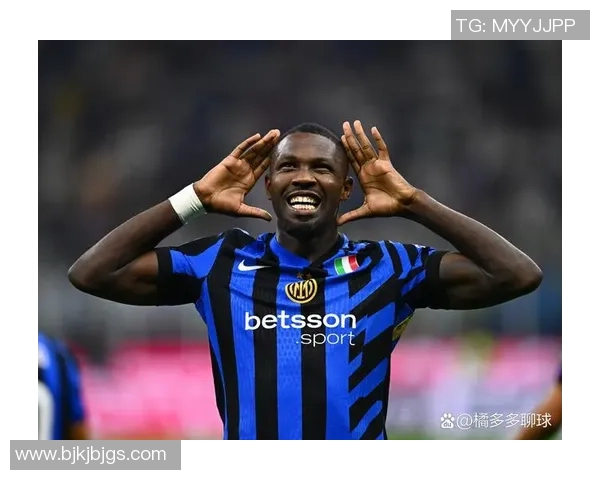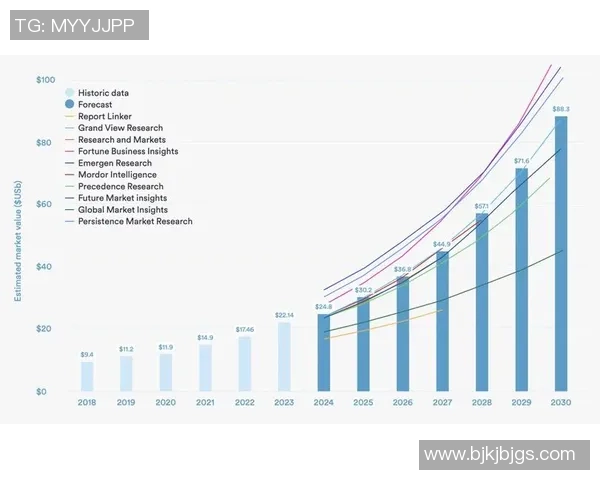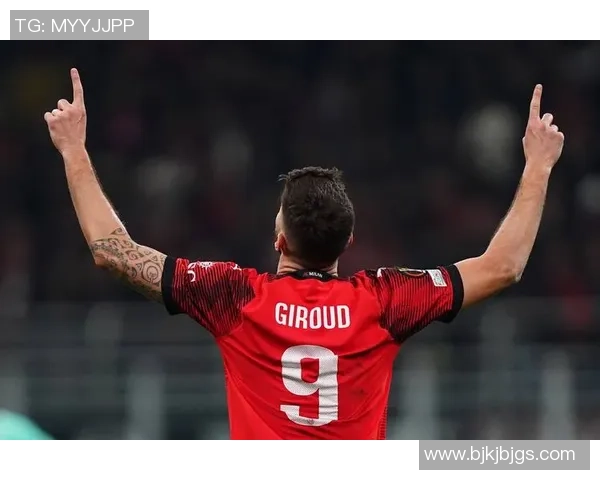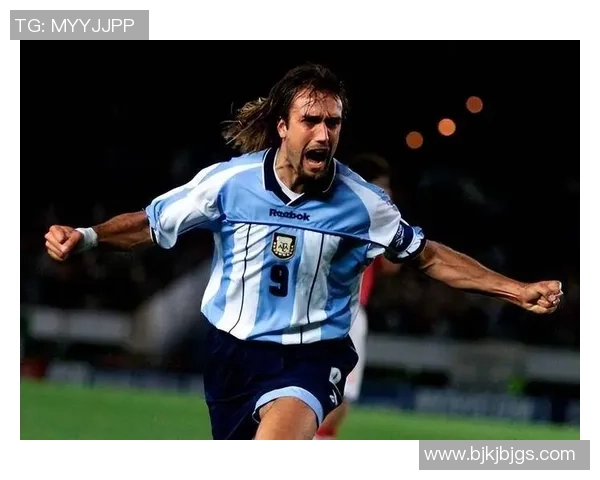е“Әдәӣдё–з•ҢзҹҘеҗҚзҗғжҳҹдјҡиёўи¶ізҗғз”ЁиӢұиҜӯиЎЁиҫҫе…Ёи§Јжһҗ
In this article, we will explore some of the most famous football players who are not only recognized for their skills on the pitch but also for their English language proficiency. Football is the world's most popular sport, with stars like Lionel Messi, Cristiano Ronaldo, Neymar, and others dominating global attention. However, many of these athletes have also demonstrated significant ability in communicating in English, a language widely spoken by fans, commentators, and the media across the globe. This article aims to delve into how these renowned footballers use English in their professional and personal lives, their reasons for learning the language, and how it benefits them both on and off the field. We will explore their linguistic abilities, the influence of global media, and the advantages that come with being bilingual or multilingual in the world of football.
1. The Importance of English in Global Football
Football, being a global sport, has transcended national borders, with players from different parts of the world competing in leagues far from home. English, as the primary language of international media, plays a significant role in bridging communication gaps between players, coaches, journalists, and fans. For football stars, learning English has become almost a necessity, as it opens up avenues for wider recognition and better engagement with global audiences. English is not only the dominant language in football commentary but also the medium for conducting interviews, discussing transfers, and promoting brands, all of which are critical aspects of a footballer's career.
Take, for instance, the famous Portuguese player Cristiano Ronaldo. His proficiency in English has enabled him to engage seamlessly with fans and the international media. Whether he is giving post-match interviews, endorsing products, or communicating with coaches and teammates, English is crucial for his career. Similarly, Lionel Messi, despite being from Argentina, has also shown his ability to speak English during international competitions and interviews, even though he initially faced challenges with the language. His adaptability in using English enhances his communication with global sponsors, making him an even bigger footballing icon.
As football becomes increasingly international, players who can communicate in English have a distinct advantage. Not only does this help them professionally, but it also aids in their personal lives, allowing them to integrate better into foreign teams and communities. The growth of social media platforms, where players interact with millions of fans worldwide, further emphasizes the importance of English proficiency in today's football landscape.
2. Football Stars Who Have Mastered English
Many world-class footballers are known for their remarkable fluency in English. One such example is the Swedish striker Zlatan IbrahimoviДҮ. Having played in countries like the Netherlands, Italy, Spain, and the United States, IbrahimoviДҮ has had to adjust to different languages and cultures. However, he has always been able to communicate effectively in English, which he has used to deliver memorable interviews and express his unique personality to the public. His use of English has allowed him to connect with fans in various countries, making him one of the most beloved footballers globally.
Another footballer who has shown exceptional command of the English language is the Brazilian forward Neymar Jr. Neymar's move from Barcelona to Paris Saint-Germain (PSG) involved more than just a football transferвҖ”it marked a step into an international spotlight where English played a vital role. Neymar's ability to express himself in English during interviews and in his social media posts has expanded his brand's reach beyond Portuguese-speaking fans. His multilingualism, which also includes Spanish, reflects the growing importance of English in the world of football.
Similarly, the English midfielder Jack Grealish has become an iconic player not just for his skills on the pitch but also for his natural and engaging use of English in media appearances. Having grown up in the UK, Grealish's fluency in English has played a significant role in shaping his public persona. As English is his first language, Grealish has the advantage of engaging easily with fans and the press, which has only strengthened his connection to his supporters.
3. The Role of English in Branding and Sponsorship Deals
In modern football, branding and sponsorship are vital aspects of a player's career. English proficiency has become a significant factor when it comes to securing endorsement deals and maintaining a global brand. Footballers who can effectively communicate in English are more appealing to international sponsors, who seek athletes capable of reaching a broader audience. This is evident in the numerous sponsorship deals that players like Cristiano Ronaldo, Lionel Messi, and Neymar have with multinational corporations.
The ability to speak English allows players to communicate directly with international audiences, whether through advertisements, interviews, or personal endorsements. For example, when a football star participates in a global campaign for a product, speaking English ensuU8еӣҪйҷ…е®ҳж–№зҪ‘з«ҷres that the message resonates with a global audience, especially in English-speaking countries like the United States, the United Kingdom, and Australia. This linguistic skill, combined with their sporting prowess, helps to solidify their position as international icons.

In addition to enhancing their professional image, English language skills also help players like Paul Pogba to navigate the commercial side of football. Pogba's partnership with various brands such as Adidas, Pepsi, and others is partly a result of his ability to communicate fluently in English, ensuring that his marketability extends beyond French-speaking regions. The global nature of modern football means that English proficiency is not just a convenience but a key asset in securing lucrative contracts and maintaining long-term success in the industry.
4. The Future of English in Football
The role of English in football is expected to continue growing in the future. As more international players join top European leagues and international competitions, the demand for multilingual communication, particularly in English, will increase. This trend is especially evident in leagues like the English Premier League, where players from around the world are required to speak English in order to communicate with coaches, teammates, and the media.
As the global fanbase of football continues to expand, the ability to speak English will be a valuable asset for future players. For instance, young talents from countries like Japan, South Korea, and China are increasingly looking to master English to make a smoother transition to international clubs. The proliferation of English as the language of international sports broadcasting will only make it more critical for future footballers to be proficient in it.
In the coming years, we may see even more players embracing English as a second language, especially as football becomes more commercialized and globalized. Clubs, agents, and media teams will likely place greater emphasis on language training for players, ensuring that they can handle interviews and promotional activities with confidence. English will undoubtedly remain at the heart of football's global dialogue, cementing its place as the lingua franca of the beautiful game.
жҖ»з»“пјҡ
In conclusion, English has become an essential tool for footballers who wish to succeed not only on the field but also in their personal branding and media interactions. The players who can master English open up a world of opportunities, from global sponsorship deals to creating deeper connections with international fans. As football continues to be a global spectacle, the demand for English-speaking players will only grow, making it an indispensable skill for the next generation of football stars.
The future of football will undoubtedly see more players embracing the importance of English, as it allows them to communicate more effectively with fans, teammates, and sponsors worldwide. As we look to the future of the sport, itвҖҷs clear that proficiency in English will continue to play a major role in shaping the careers of football's biggest stars.










